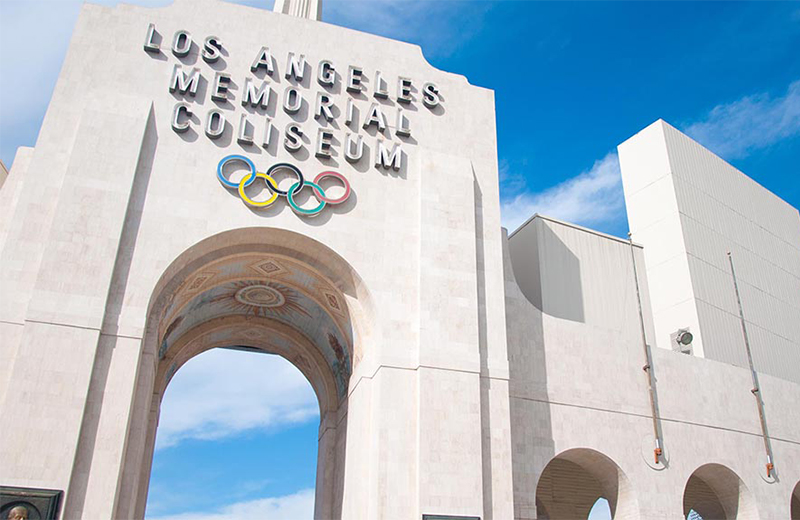When I first began writing this column, I focused on sustainable stadiums, with Seattle’s appropriately-named Climate Pledge Arena and SoFi Stadium stealing the show. However, there’s a stadium close to home that I did not mention — although it was briefly featured in my electrifying aluminum versus plastic bottles column.
The Los Angeles Memorial Coliseum is among the most sustainable stadiums on the West Coast. A three-time winner of the Pac-12 Zero Waste Challenge, the Coliseum boasted impressive waste diversion numbers in the 2022 football season.
Zero waste, by the industry’s standards, is achieved when 90% or more of waste materials are diverted from landfills through either recycling or composting. This figure isn’t set at 100% because some fans bring their own products, some of which are not compostable. In the 2022 football season, the Coliseum reached zero waste in six of USC’s seven home games, a rate strong enough to earn them the 2022 Green Sports Alliance Net Zero Waste Champion honors.
While President Carol Folt is often credited with igniting a push for a more sustainable campus, the Coliseum’s sustainability efforts began in 2015, four years before Folt was hired.
“Nobody told us we had to do this. We did all the legwork and all these different things to make it happen,” said Matthew Buswell, director of stadium operations for the Coliseum. “When President Folt came over, everything we were doing, it was like ‘Oh, the Coliseum’s already doing this.’”
Diverting trash from filling up already overflowing landfills is certainly an accomplishment. Think about your most recent game day experience at the Coliseum. When you headed out (hopefully not at halftime as much of the student section has often been prone to do), remember how much trash you saw? Popcorn boxes, crushed beer cans and a myriad of other products the Coli sells fill the stands after each game. In fact, the lowest amount of trash in a single game last season still amounted to more than 8 tons. For the whole season, the stadium sent only 8% of this trash to landfills, with an impressive 59% carted off for composting.
